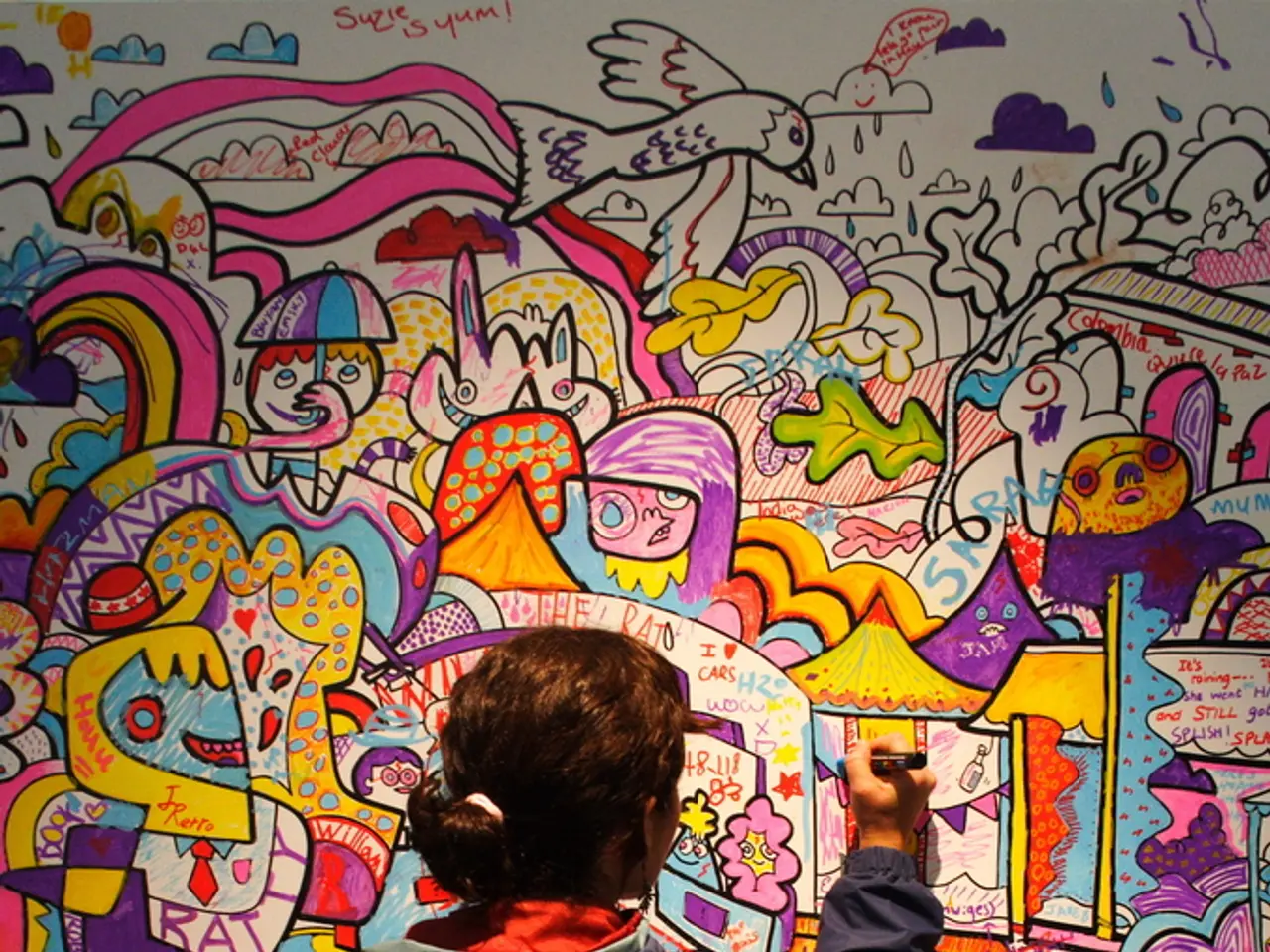Meeting Points of Exceptional Talent Development and Mental Health Struggles
In the realm of education, a growing emphasis is being placed on the mental health and well-being of gifted students. Organizations such as the National Association for Gifted Children (NAGC) and the Supporting Emotional Needs of Gifted (SENG) provide valuable resources for educators, parents, and mental health professionals, helping to create a supportive environment for these exceptional learners.
A multifaceted approach is necessary to support the mental health of gifted students, prioritizing emotional well-being as well as academic achievement. A safe, supportive environment is crucial, providing spaces for gifted students to explore their feelings openly without judgment, which helps address social-emotional needs and reduces isolation.
Effective strategies for addressing the mental health challenges of gifted students in educational settings include teaching coping and stress management techniques, promoting self-advocacy and self-regulation skills, and fostering a growth mindset and resilience. These approaches help gifted students manage unique pressures such as perfectionism, anxiety, and asynchronous development.
Coping strategies and stress management can include mindfulness exercises, relaxation techniques, cognitive-behavioral therapy (CBT) tailored to gifted learners, and breathwork. Role-playing and safe practice environments can enhance self-advocacy and self-regulation skills, while encouraging a growth mindset and resilience involves viewing challenges as opportunities for growth, praising effort rather than innate ability, and developing resilience through experience with manageable setbacks.
Social connections and emotional support are also essential. Supporting participation in clubs or activities to foster peer relationships with like-minded peers, reducing feelings of social isolation, is key. Collaboration between educators, mental health professionals, and families is vital, with coordination between parents modeling healthy stress management and maintaining predictable routines complementing school-based interventions like counseling and behavioral support.
Organizations such as SENG offer workshops, conferences, and online resources aimed at enhancing the emotional well-being of gifted individuals. Assessment tools for gifted individuals can help identify mental health concerns, considering both cognitive ability and social-emotional functioning. Open communication with students can facilitate early detection of potential mental health issues.
Support groups and organizations dedicated to gifted education and mental health serve as vital resources, providing platforms for individuals to share experiences and challenges. Books like "A Parent's Guide to Gifted Children" by James T. Webb and "The Gifted Adult" by Mary-Elaine Jacobsen provide valuable insights into addressing the mental health concerns of gifted students.
Advancements in gifted education and mental health reflect an increasing awareness of the unique needs of gifted students. By implementing strategic support measures and promoting social connections, educators and parents can create a nurturing environment that addresses the unique mental health needs of gifted individuals. Encouraging a balanced lifestyle, including extracurricular activities, relaxation techniques, and social interactions, can significantly improve mental health.
While these strategies are supported by contemporary counseling literature and expert guidance, individual student needs vary widely. Regular assessment and personalized intervention remain essential. Additionally, access to specialized counseling or school resources may vary by institution.
In conclusion, the relationship between gifted education and mental health is profound and multifaceted, recognizing the psychological challenges faced by gifted students is vital for fostering their overall well-being and academic success. By prioritizing these aspects, we can ensure that all students can thrive in both their educational journeys and personal lives.
Educators and organizations such as the National Association for Gifted Children (NAGC) and Supporting Emotional Needs of Gifted (SENG) promote e-learning resources and instructional strategies that focus on mental health and well-being in science, health-and-wellness, and education-and-self-development for gifted students. These strategies include teaching coping and stress management techniques, promoting self-advocacy and self-regulation skills, fostering a growth mindset and resilience, and encouraging a balanced lifestyle with extracurricular activities and relaxation techniques.
With an emphasis on creating a supportive learning environment, social connections and emotional support through clubs, activities, and support groups can help reduce feelings of social isolation and enhance well-being in gifted students. Additionally, open communication, collaboration between educators, mental health professionals, and families, and assessment tools for identifying mental health concerns can facilitate early detection and personalized interventions.
Contemporary counseling literature and expert guidance support these strategic support measures for the mental health challenges of gifted students in educational settings, recognizing the importance of addressing their unique needs in both academic and personal lives to ensure overall success and well-being.




